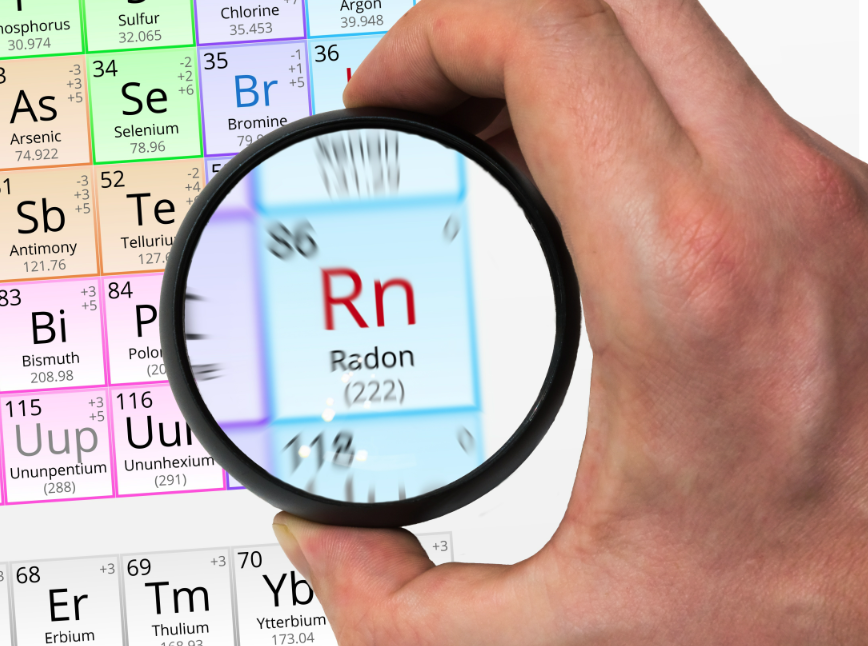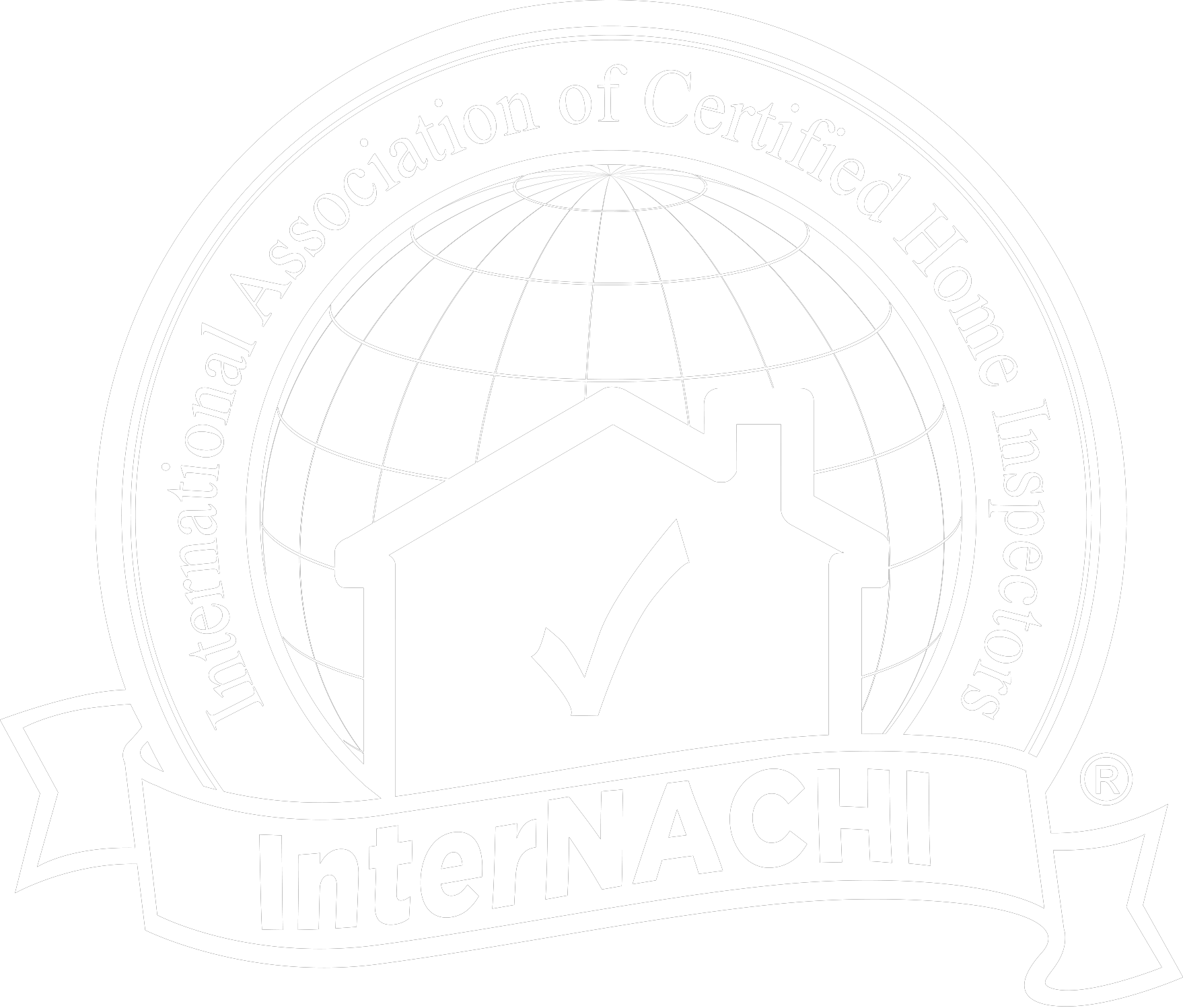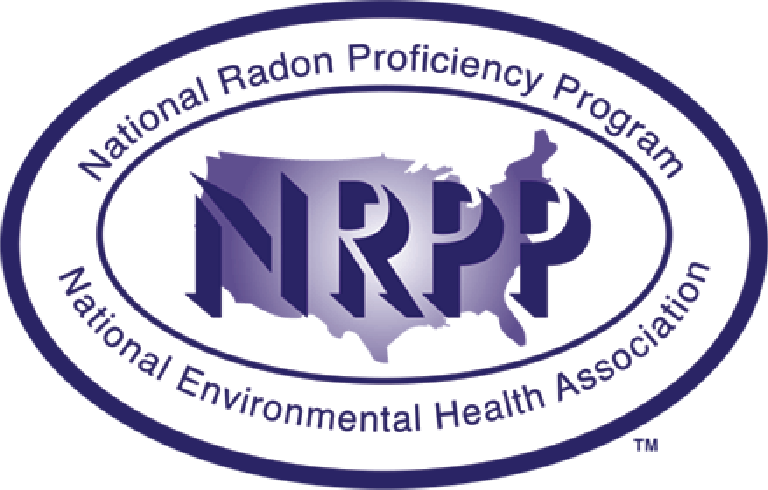
The CL-100 has been ordered and the home inspection came back with only a few minor repairs. But what about radon? Did anyone even think to suggest having the property tested for this hazardous gas? While more and more real estate agents are including radon inspection as part of the closing package, it isn’t required by law and many people don’t realize how prevalent and dangerous this gas can be.
Radon occurs when certain heavy metals including uranium and thorium found in soil, water and rock start to decay and begin releasing radioactive particles. This odorless, tasteless and transparent radioactive gas, while eight times heavier than air, has the potential to seep into dwellings through microscopic foundation cracks, air vents, sub-flooring and even concrete and mortar pores. Radon has been detected in homes, schools, office buildings and factories across the nation. This significant health concern doesn’t discriminate: new construction, older homes, homes both with and without basements, drafty homes and those built with state-of-the-art construction materials, have all been found to contain radon. Once radon is trapped inside a home, residents run an elevated risk of lung cancer.
Because radon is virtually undetectable without proper testing, it is important any property listed for sale include a radon testing contingency clause. If high levels of radon are discovered then radon remediation procedures need to be implemented. Working with a reputable radon mitigation specialist will ensure the unacceptable radon level has been reduced, as well as guarantee that with minimal yearly maintenance, radon will not accumulate in the future. Regardless if you are the buyer’s agent or seller’s agent, we here at Carolina RES strongly suggest radon testing and remediation be a part of each and every real estate contract.
Carolina RES provides quality certified radon testing in and around the Upstate. Please use our convenient online form to schedule an appointment or call us at 864-242-1099 for additional information.



